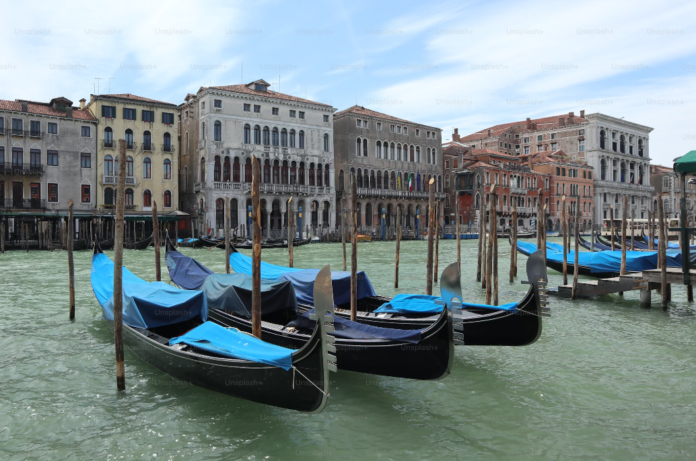Key Takeaways:
- Understanding the various boat types and features tailored for recreation and sport fishing.
- Recognizing the significance of durability, design, and advanced maritime technologies.
- Considering practical aspects such as size, storage, power needs, and comfort features.
- Gaining insights into maintenance, financial decisions, legalities, and eco-friendly boating.
Different Boat Types for Recreation and Fishing
Discerning the appropriate vessel for your aquatic endeavors is the linchpin of an outstanding maritime experience. For those angling for sport or dinner, specific boat types, such as center console boats, offer the open deck space necessary for casting and managing lines. This boat design also affords easy movement around the entire ship, which is essential for sport fishing. Conversely, tranquil waters beckon leisure vessels such as pontoons or deck boats, where spacious layouts encourage social gatherings and family outings. Each vessel style uniquely combines performance, space, and adaptability to the water-based activities you most cherish.
Durability and Design in Boat Selection
An adept mariner appreciates the boat’s hull as a masterpiece that battles the relentless sea – its durability is crucial for longevity and safety. Manufacturers have made leaps in boat construction, favoring sturdy materials such as fiberglass or aluminum for their endurance against the aquatic elements. Yet, design transcends mere material choice. It determines the vessel’s stability, handling, and fuel efficiency, which are paramount for boaters who regularly brave the open waters.
Navigational Technology Integration
We live in an age where technology profoundly enriches the nautical experience, bringing former luxuries into standard equipment. From GPS systems that defend against the disorientation of the boundless sea to fishfinders that promise a bountiful haul, today’s boats can be equipped with an arsenal of electronic gadgets. These tools are not mere conveniences but essential components that ensure safety, successful navigation, and effective communication. Savvy anglers and leisure boaters place a premium on such advancements, as outlined in their comprehensive guide to marine electronics must-haves. Integrating cutting-edge technology into your vessel can mean distinguishing between a satisfactory and exceptional outing.
Size and Storage Considerations
The dimensions of your prospective seafaring companion will directly influence where it can be sailed and how it behaves on the water. Smaller craft affords easy maneuvering and intimate interactions with the water’s surface, ideal for serene lakes or narrow inlets. Conversely, larger vessels boast the robustness required to tackle the open ocean, waves, etc. Accompanying the vessel’s size, adequate storage is a quintessential feature, especially for anglers who travel with an extensive inventory of rods, reels and tackle. Thus, considering how much storage is available is as important as the actual size of the boat itself, ensuring that every trip is provisioned correctly and without inconvenience.










